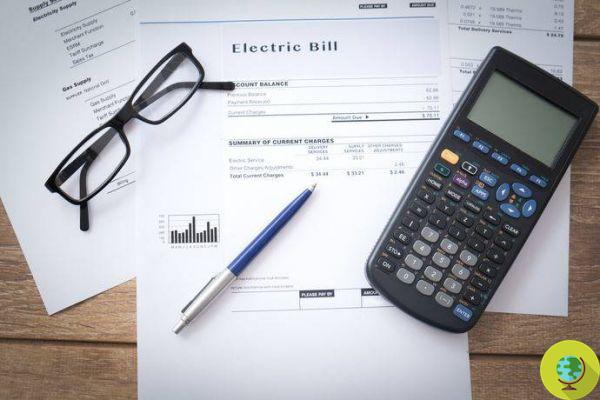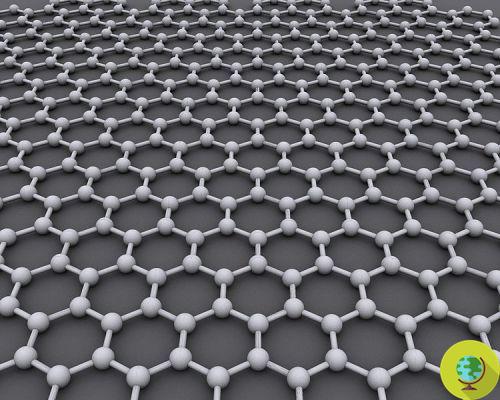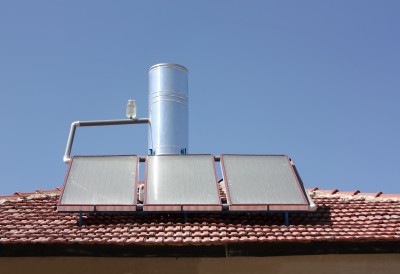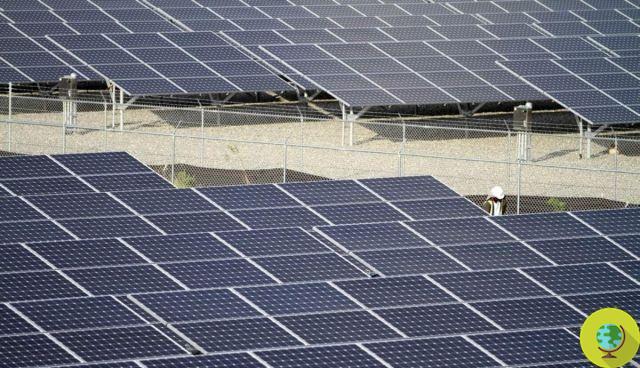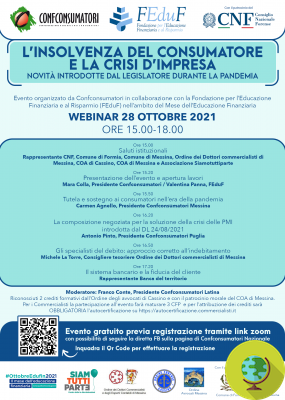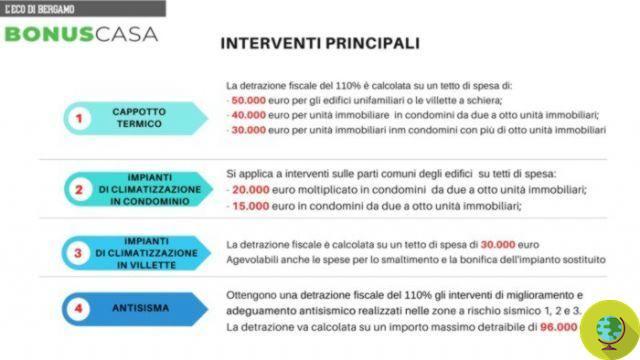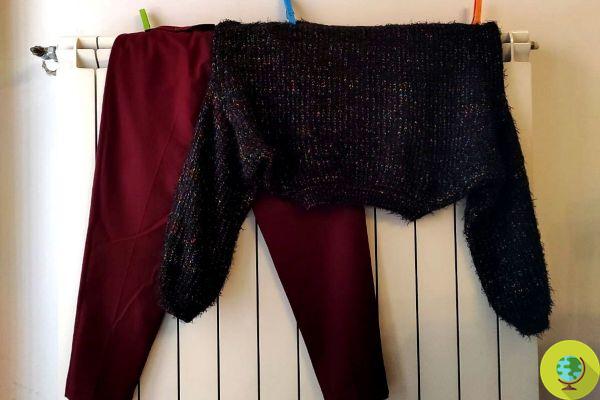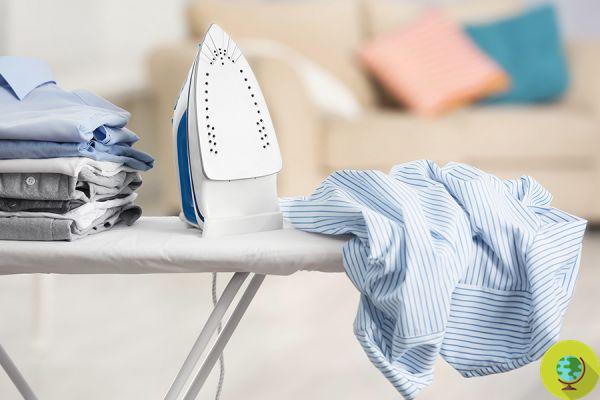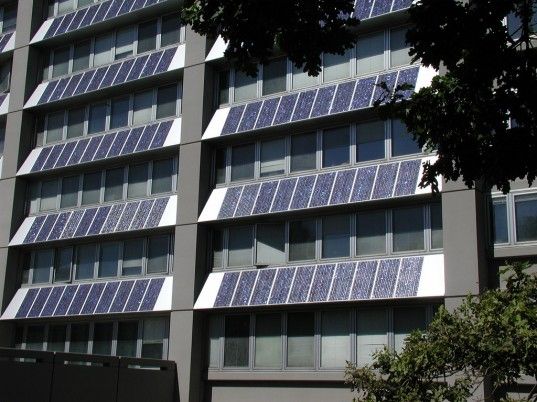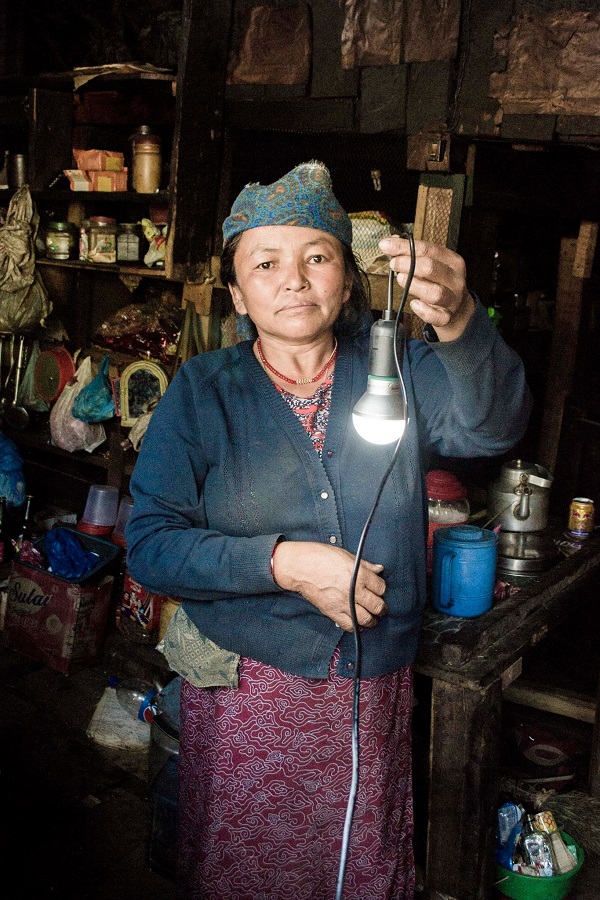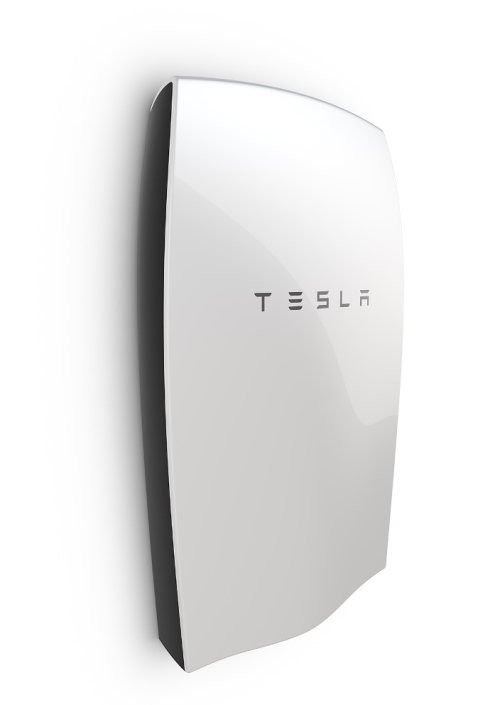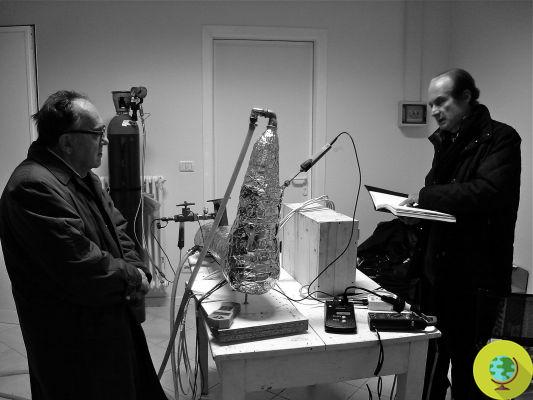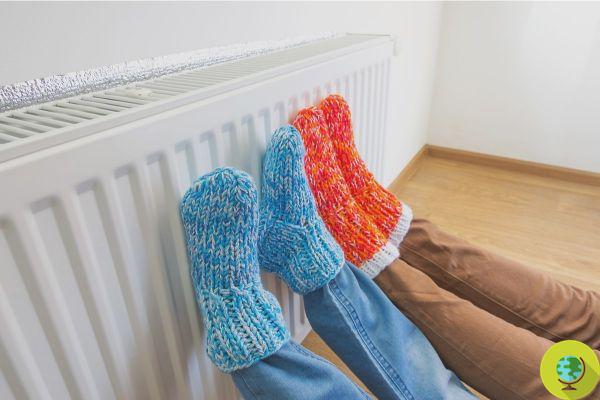
Here are some precautions that we should all take to use radiators without risk to our health and without damaging the environment
He is about to end up run over, his mother saves himHere are some precautions that we should all take to make the best use of radiators without risk to our health and without damaging the environment.
With the arrival of winter, we return to turn on air conditioners, fireplaces and radiators in our homes, and we often do it recklessly, showing little respect for our health but also for the environment. Often in fact, the radiators are turned on more out of habit than out of a real need, or the conditions of our apartment do not allow us to make the most of the potential of our heating system - with consequent loss of heat and waste of energy. Let's see together some tricks to make the best use of our radiators, protecting our health and impacting the environment as little as possible - even our wallet will thank us!
First, it is very important pay attention to the temperature: this applies to radiators, but also to air conditioners. Keeping a temperature that is too high between the walls of the house can lead to respiratory diseases, sore throats and dryness - symptoms that occur especially in children and the elderly.
Furthermore, a temperature that is too high can also cause difficulties in falling asleep o insomnia: to rest well, the body needs a temperature of around 18 ° C - not too hot, therefore, to allow our body to cool down naturally, thus promoting the release of melatonin (the sleep hormone ).
Better then to turn off the radiators a few hours before going to bed, to prevent our house from still having too high a temperature when we go to sleep. We also remember that living in an environment that is too hot can have a role on weight gain and on the onset of metabolic pathologies such as diabetes: our body, living at a high temperature, does not need to burn energy to keep it constant. body heat, and therefore ends up accumulating energy reserves which are transformed into fat.
(Read also: With the trick of the foil panel before turning the heaters back on, you will save on your bill)
So what is the ideal temperature to keep at home in order not to incur any health risks? According to experts, it is 21°C: at this temperature we will keep our apartment warm without wasting energy or hurting ourselves. If our system allows it, we can then adjust the temperature of the radiators in the different rooms according to the time we spend there: for example, we can keep the corridor temperature lower (which is a passageway, in which we don't spend much time) and a little higher that of the rooms in which we spend more time - in this way we will minimize the waste of energy and heat.
Finally, we pay attention to do not obstruct the heat coming from the radiators with curtains, fabrics or cloths which, placed above the radiator, absorb a large part of the heat that does not reach us. To limit the dispersion of heat we can also opt for the purchase of double glazed insulating windows, which will help keep the temperature in the apartment constant, or heavy fabric curtains, which have the same purpose but which can be a little cheaper than replacing the fixtures throughout the house.
Follow your Telegram | Instagram | Facebook | TikTok | Youtube
We also recommend:
- Radiators, the time has come to use these "tricks" to save money
- 10 tricks to make the best use of radiators, saving money and avoiding unnecessary penalties
- The trick of the hairdryer (and other tips) to remove the dust from the radiators




